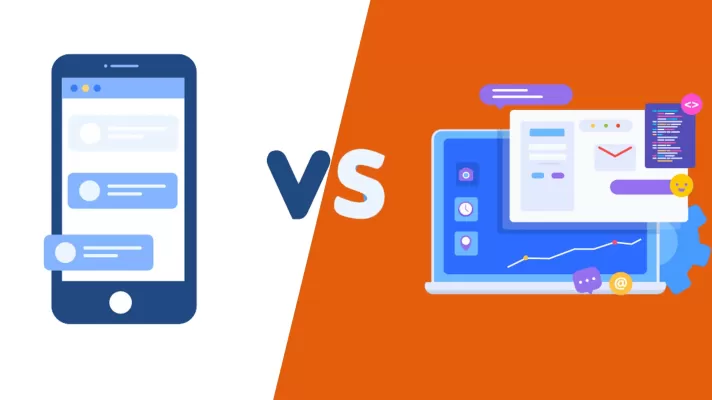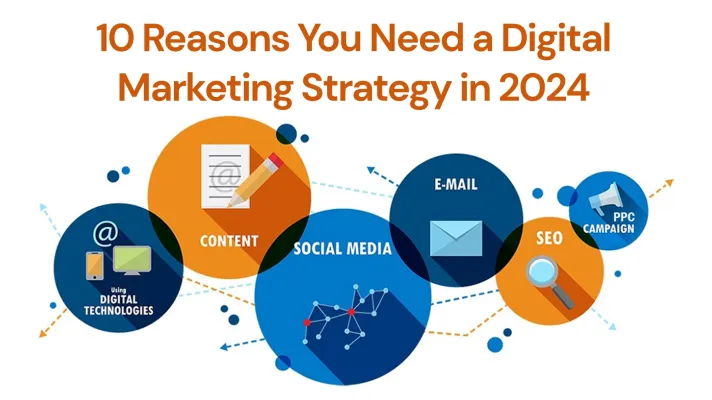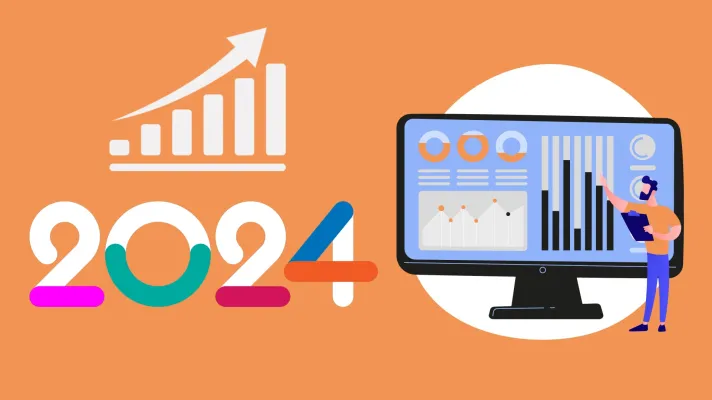
As technology advances, businesses are increasingly adopting digital solutions to connect with their audiences.
Introduction
As technology advances, businesses are increasingly adopting digital solutions to connect with their audiences. Web applications and mobile applications are two of the most prevalent ways to offer services, engage customers, and provide better experiences. Understanding the differences between these two options is essential for making informed decisions that align with your business goals.In today’s digital era, businesses are leveraging technology to reach a wider audience and enhance user experiences. Web applications and mobile applications are two popular ways companies engage with their customers. Both serve similar purposes, but they have distinct differences that cater to different user needs. In this article, we’ll explore the 8 key differences between web apps and mobile apps.
Definition of Web App and Mobile App
Web applications, commonly known as web apps, are software programs accessed through web browsers like Chrome, Firefox, or Safari. They run on remote servers and can be accessed on various devices, including desktops, laptops, tablets, and smartphones.On the other hand, mobile applications, or mobile apps, are software programs designed specifically for mobile devices like smartphones and tablets. They are downloaded and installed directly on the user’s device from app stores such as the Apple App Store or Google Play Store.
Accessibility and Platform
Web App: Accessible Across Multiple Devices
One of the primary advantages of web apps is their accessibility. Users can access web apps from any device with an internet connection and a compatible web browser. This flexibility allows users to switch between devices seamlessly without losing data or functionality.
Mobile App: Platform-Specific Installation
Mobile apps, being platform-specific, require users to download and install them from app stores. While this offers a more optimized user experience, it limits accessibility to devices compatible with the app’s operating system.
User Experience and Interface
Web App: Responsive Design
Web apps use responsive web design to adapt to different screen sizes and resolutions. This ensures a consistent user experience regardless of the device used to access the app. However, responsiveness might not match the level of native mobile apps.
Mobile App: Native User Interface
Mobile apps provide a native user interface designed explicitly for the target platform, offering superior user experience and performance. The interface adheres to the platform’s design guidelines, resulting in a seamless and intuitive user experience
Internet Dependency
Web App: Internet Connectivity Required
Web apps rely on an internet connection to function. While this allows real-time data updates and reduces the need for frequent updates, it can be a disadvantage in areas with poor connectivity or during internet outages.
Mobile App: Partial Offline Functionality
Mobile apps can offer partial offline functionality by storing certain data locally. Users can access specific features or content even without an internet connection, enhancing user experience in offline scenarios.
Development and Maintenance
Web App: Easier Updates and Maintenance
Web apps are generally easier to update and maintain since changes are applied directly to the server. Users access the latest version without having to install updates manually.
Mobile App: Multiple Versions for Different Platforms
Developing a mobile app often requires creating separate versions for different platforms, such as iOS and Android. This adds complexity to the development process and may lead to staggered updates across platforms.
App Store and Distribution
Web App: No App Store Submission
Web apps do not require app store submissions, allowing businesses to deploy updates and new features immediately without going through a review process.
Mobile App: App Store Presence
Mobile apps must go through an app store review process before becoming available to users. This ensures compliance with guidelines and standards but may cause delays in deployment.
Performance and Speed
Web App: Depends on Network Speed
Web app performance relies on internet speed and server responsiveness. Slow connections may lead to reduced performance and loading times.
Mobile App: Faster Performance
Mobile apps leverage the device’s resources directly, leading to faster loading times and better performance, especially for complex or resource-intensive tasks.
Cost Considerations
Web App: Cost-Effective Development
Developing a web app is generally more cost-effective since a single version serves multiple devices and platforms, reducing development and maintenance expenses.
Mobile App: Platform-Specific Development Costs
Mobile app development costs can be higher due to the need to create multiple versions for different platforms and comply with app store guidelines
Conclusion
In conclusion, both web apps and mobile apps have their unique strengths and weaknesses. Web apps offer broad accessibility and cost advantages, while mobile apps excel in user experience and performance. The choice between the two depends on the specific requirements of your business and target audience. Consider factors like user experience, platform compatibility, internet dependency, and development costs to make an informed decision.
FAQs
Can a web app work offline?
Web apps typically require an internet connection to function properly. However, developers can implement offline capabilities to some extent by using caching and other technologies.
Is it possible to convert a web app into a mobile app?
Yes, it is possible to convert a web app into a mobile app. This process is known as “wrapping” or “hybrid app development,” where web technologies are used within a native app shell.
Which one is more cost-effective, a web app, or a mobile app?
A web app is generally more cost-effective since it serves multiple platforms with a single version, reducing development and maintenance expenses.
Do mobile apps perform better than web apps?
Yes, mobile apps typically perform better than web apps due to their direct access to the device’s resources, resulting in faster loading times and better overall performance.
Can I install a web app from the app store?
No, web apps are not installed from app stores. They are accessed through web browsers on various devices.






